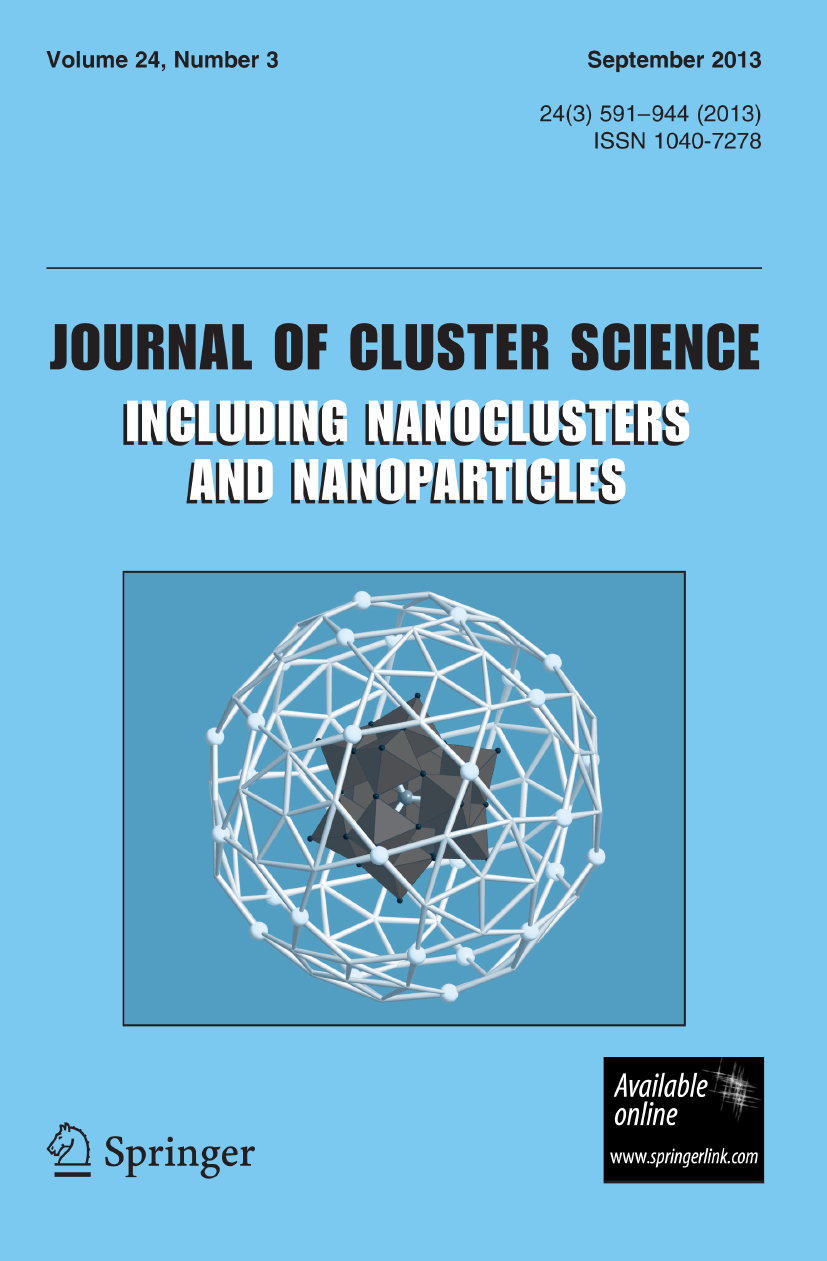Intranasal Poly(Lactic-co-Glycolic Acid) Nanoparticles of Mefenamic Acid Improve Motor Expressions and Neurochemical Injury in Aluminium Chloride Originated Alzheimer’s Disease
Abstract
The consequences of advancing age on neural development are the reason Alzheimer’s disease is becoming more frequent among the elderly. Because the intranasal route delivers drugs directly from the nostrils to the brain and has a quicker onset of effect than traditional techniques, it is a widely sought-after alternative. Mucoadhesive mefenamic acid incorporated poly(lactic-co-glycolic acid)-poly vinyl alcohol nanoparticles were formulated with the goal of successfully transferring mefenamic acid to the brain for the intranasal delivery of Alzheimer’s disease therapy. High-speed homogenization and ultrasonication procedures were used to form the mucoadhesive mefenamic acid incorporated poly(lactic-co-glycolic acid)-poly vinyl alcohol nanoparticles utilizing the modified nanoprecipitation method. It was found that the improved mucoadhesive mefenamic acid incorporated poly(lactic-co-glycolic acid)-poly vinyl alcohol nanoparticles (M23) had an 84.4% percentage drug efficiency for entrapment and a 51.7% drug loading. The developed nanoparticle has a surface charge of 3.50 ± 6.74 millivolts, a polydispersity index of 0.082, and a particle size of 184.6 nanometers. At 8 hours, mucoadhesive mefenamic acid incorporated poly(lactic-co-glycolic acid)-poly vinyl alcohol nanoparticles showed a significantly higher (P < 0.001) drug release (65.63 ± 0.19%) than mucoadhesive drug suspension (29.38 ± 0.33). The developed mucoadhesive mefenamic acid incorporated poly(lactic-co-glycolic acid)-poly vinyl alcohol nanoparticles showed dose-dependent cytotoxicity. Additionally, in vivo investigations using optimized nanoparticles were carried out to confirm the effectiveness of the recommended preparation’s intranasal drug delivery. Compared to mucoadhesive suspension of drug (107.46 ± 11.46 ng/ml), mucoadhesive mefenamic acid incorporated poly(lactic-co-glycolic acid)-poly vinyl alcohol nanoparticles showed considerably higher drug absorption (P < 0.001) and maximum concentration in brain (424.18 ± 12.37 ng/mL) after eight hours. The results confirmed that the formulated poly(lactic-co-glycolic acid) nanoparticles delivered by intra-nasal route offer a potential substitute for the drug formulations that are now available in the market to treat Alzheimer’s disease.

 求助内容:
求助内容: 应助结果提醒方式:
应助结果提醒方式:


